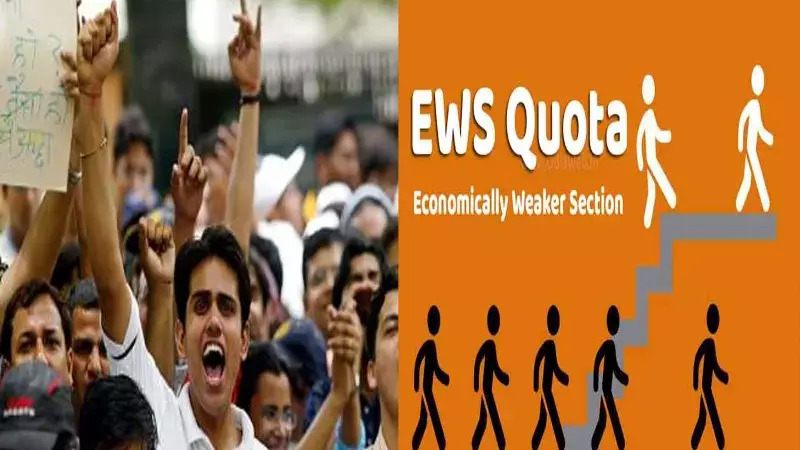The Central Govt. implemented the 103rd amendment of the Constitution, providing 10% reservation for the Economically Weaker Sector (EWS), which has been seen as a major tool to address the needs or aspirations of the poorer groups that exist in the upper castes. However, doubts were raised about its legal validity, and for a major population, it was seen as an attempt to impress the social elite or the upper caste voter base. Regardless, the Supreme Court of India has endorsed the amendment by indicating that reservation for the poor sections does not harm the basic structure of the Constitution.
Though the 10 percent EWS reservation received broader political support right after the announcement by the Modi government and also faced legal proceedings, too, the judiciary is under pressure for ignoring the historical context, as per the experts. Also, the constitutional principles under which the potential of the social justice policy was formed.
